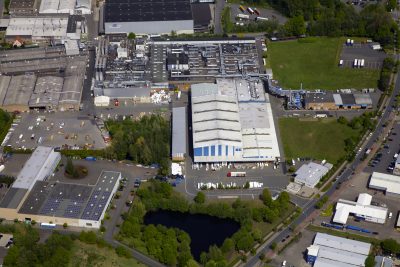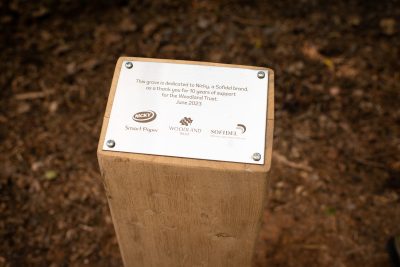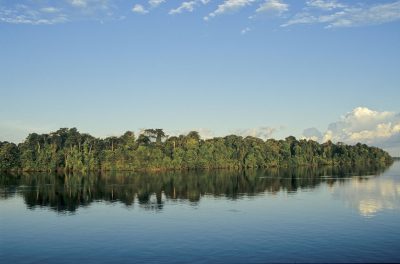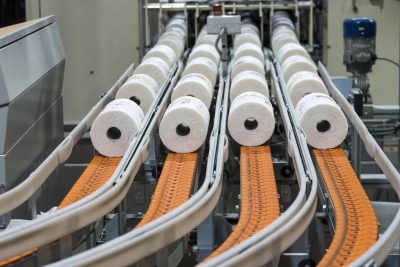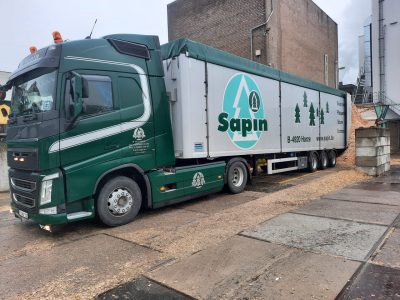Klabin discusses its sustainability initiatives, and how pulp production can go hand in hand with forest protection
Founded more than 120 years ago, Klabin has grown to become the largest producer and exporter of packaging paper in Brazil, with 22 paper mills across South America. Having provided Sofidel with hardwood and softwood pulps since 2016, Klabin’s services to the company were honored at the 2023 Sofidel Suppliers Sustainability Award (3SAward) in Lucca, Italy, where it won Best Supplier – Pulp Producer.
“We were obviously very honored by the award but are keeping our feet on the ground and knowing our responsibility to the sector and the world,” says Alexandre Nicolini, chief operating officer at Klabin. “This recognition gives us even more energy to maintain focus on our strategy towards our sustainability goals.”
A comprehensive vision for the future
Klabin were successful at the 3SAward because they scored the highest in their category’s risk self-assessment according to Sofidel’s TenP Paper criteria, which is drawn up in line with the Ten Principles of the United Nations Global Compact. However, Klabin themselves are conducting their own internal assessments and procedures so that their business contributes to the UN 2030 Agenda for Sustainable Development.
At the heart of the UN’s vision for the future is harmony between planet, prosperity, peace, people, and partnership; a world where the natural world is protected and treasured, and companies do their utmost to eliminate social issues like poverty and inequality.
In accordance with this ideal, Klabin launched the Klabin Sustainable Development Goals (KSDG) in 2020, which cover a range of Environmental, Social, and Governance (ESG) issues and set different targets for the short, medium, and long-term future of the company. Drawn up in line with the UN’s Sustainable Development Goals (SDG) Compass, Klabin is prioritizing 14 of the 17 goals with the aim of hitting different milestones by 2025 and 2030 to become a fully sustainable company.
Its commitment to this agenda is underlined on its website, where a free-to-access tool tracks Klabin’s progress in different areas, from female leadership to emissions reduction and capture.
“Our sector as a whole is, by nature, green and therefore we are without a doubt one of the sectors best positioned to lead a global sustainability agenda,” says Nicolini. “Obviously, the challenges involve meeting the stipulated goals within the agreed deadlines. Technologies have helped with issues that reflect cleaner production and less impact on the use of natural resources, such as reducing water consumption.”
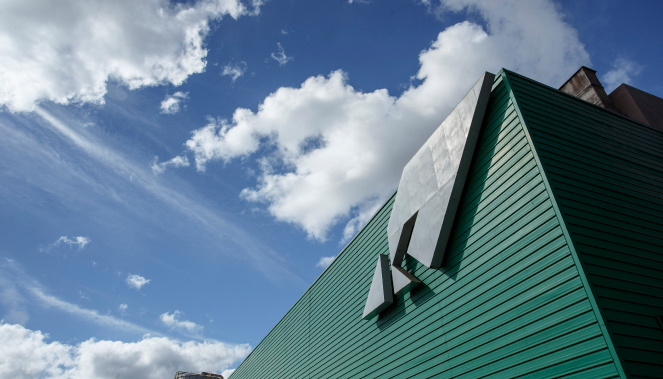
Reducing environmental impact
Squaring the modern need for pulp products with the protection of forests and biodiversity is no easy one, but Klabin is up for the challenge. Klabin manages 719,000 hectares of forests, 42% of which are conservation areas, and 356 thousand hectares are productive areas planted with pine or eucalyptus FSC® certified forests and also in harvesting operation, transport and planting. Klabin produces 3.1 million tons of paper and 1.6 million tons of pulp each year with 90.9% of the energy the company uses coming from renewable sources.
Since the 1980s, Klabin has also maintained an Ecological Park on Monte Alegre Farm, Telêmaco Borba, which aims to protect biodiversity and endangered species. The company plants 90 trees per minute in the hope of maintaining for the future the vibrant ecosystem which occupies its forests: 855 species of fauna and 1,968 species of flora have been identified amidst Klabin’s forest areas.
“Our sector as a whole is, by nature, green and therefore we are without a doubt one of the sectors best positioned to lead a global sustainability agenda”
Alexandre Nicolini, chief operating officer, Klabin
Putting the community first
Environmental credentials aside, Klabin was also honored at the 3SAward for its commitment to doing good within society. Klabin runs a variety of charitable initiatives aimed at improving local communities around its bases of operations, including the Klabin Caiubi Program, which trains teachers on ecological issues, and the Klabin Terra Viva Association, a volunteer program started in 2003 where employees, ex-employees, and their families give back by taking part in initiatives designed to support children, the disabled, the elderly, and the LGBT+ community.
These collective social actions are a fundamental pillar of KDSG, which aims to promote Citizenship, Local Development, Environmental Education and Culture across and beyond the company. Klabin also wishes to minimize workplace injuries and promote occupational health and safety, with the hope of achieving zero serious accidents amongst employees by 2030. The increased promotion of women and employee diversity is a further consideration which the company looks to take forward in the years ahead.
Principle at the heart of future progress
KDSG remains the essential guidelines for Klabin moving forward. The company is continually striving to do its best by the environment and its people and is also looking to promote similar initiatives amongst its own suppliers. For this committed and consistent ethos, Klabin was recognized by Sofidel at the 3SAward this year.
“Recognition [at the 3S Award] gives us even more energy to maintain focus on our strategy towards our sustainability goals”
Alexandre Nicolini, chief operating officer, Klabin
Nicolini describes the heart of Klabin’s strategy as “biodiversity, communities, employees, and business partners.” The result of this work, he concludes, “counts on the responsibility of all departments and industrial units to generate value for society and stakeholders.”
Further details:
For more information visit klabin.com.br.
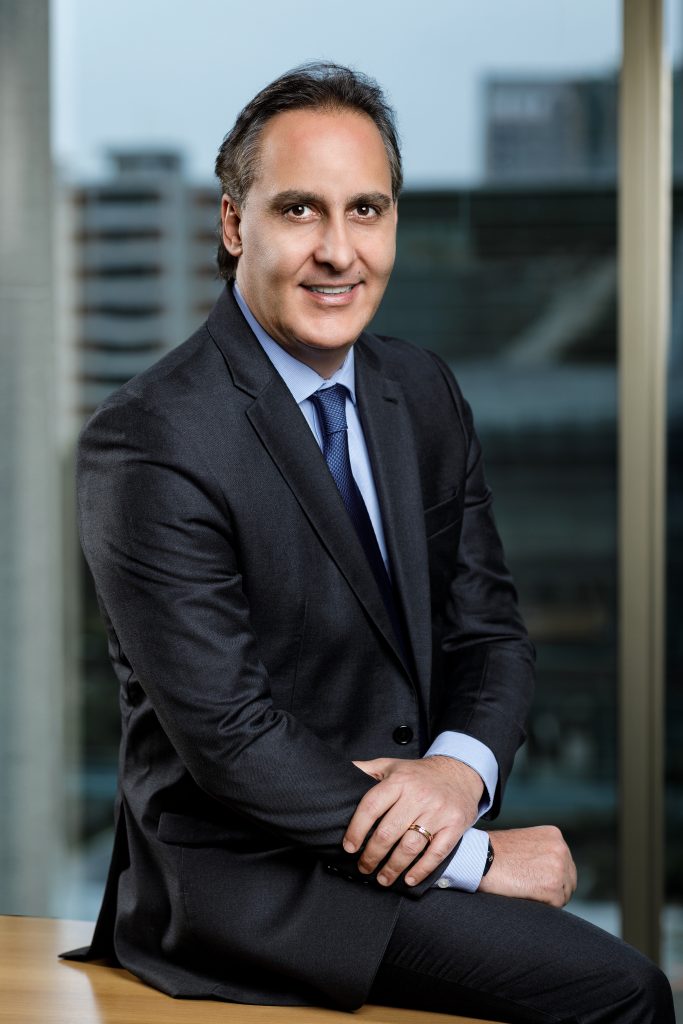
Alexandre Nicolini, chief operating officer, Klabin


